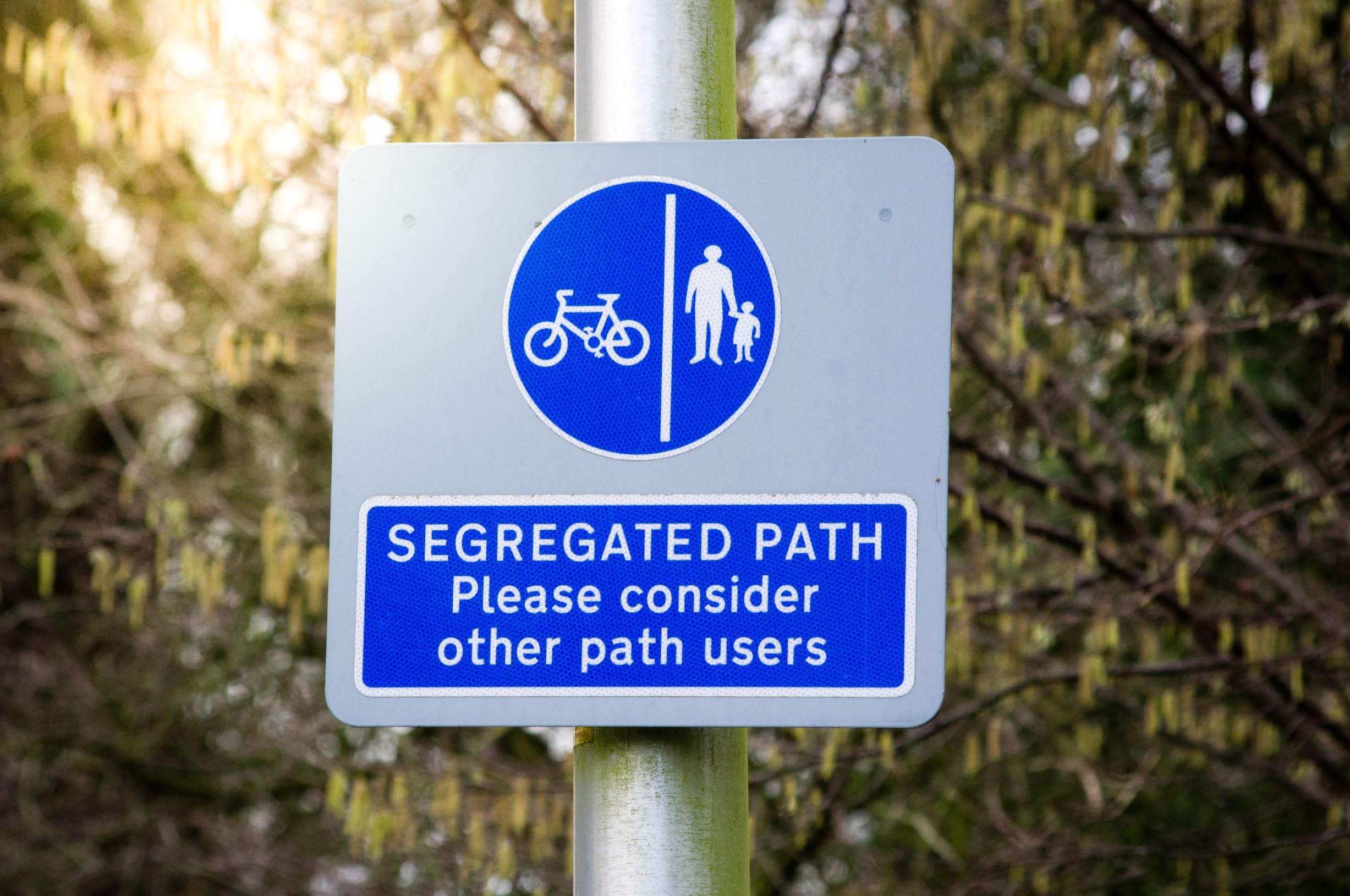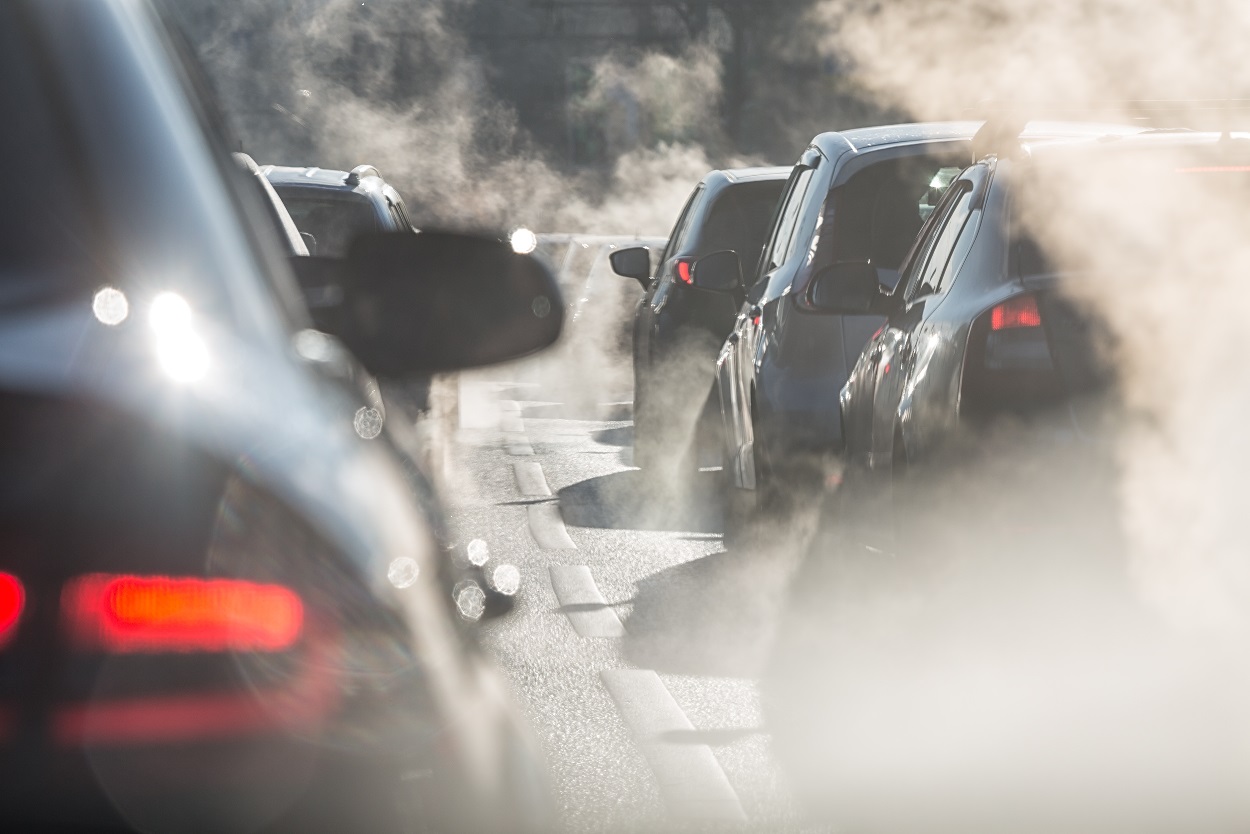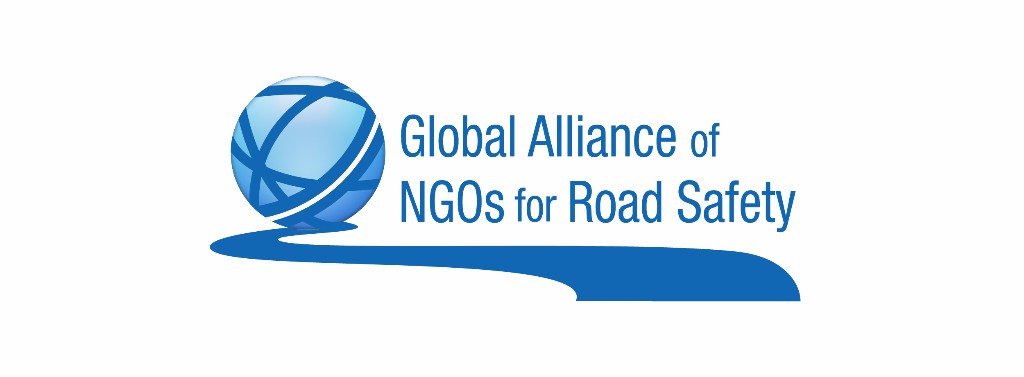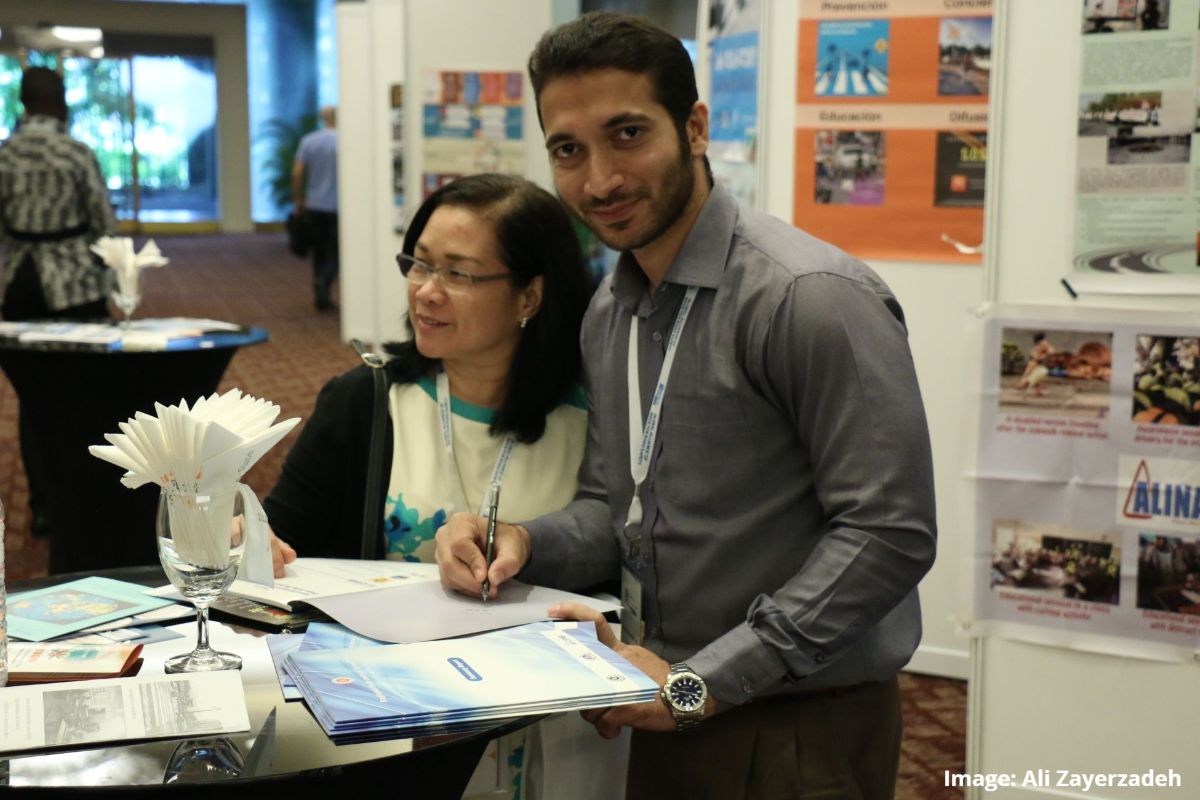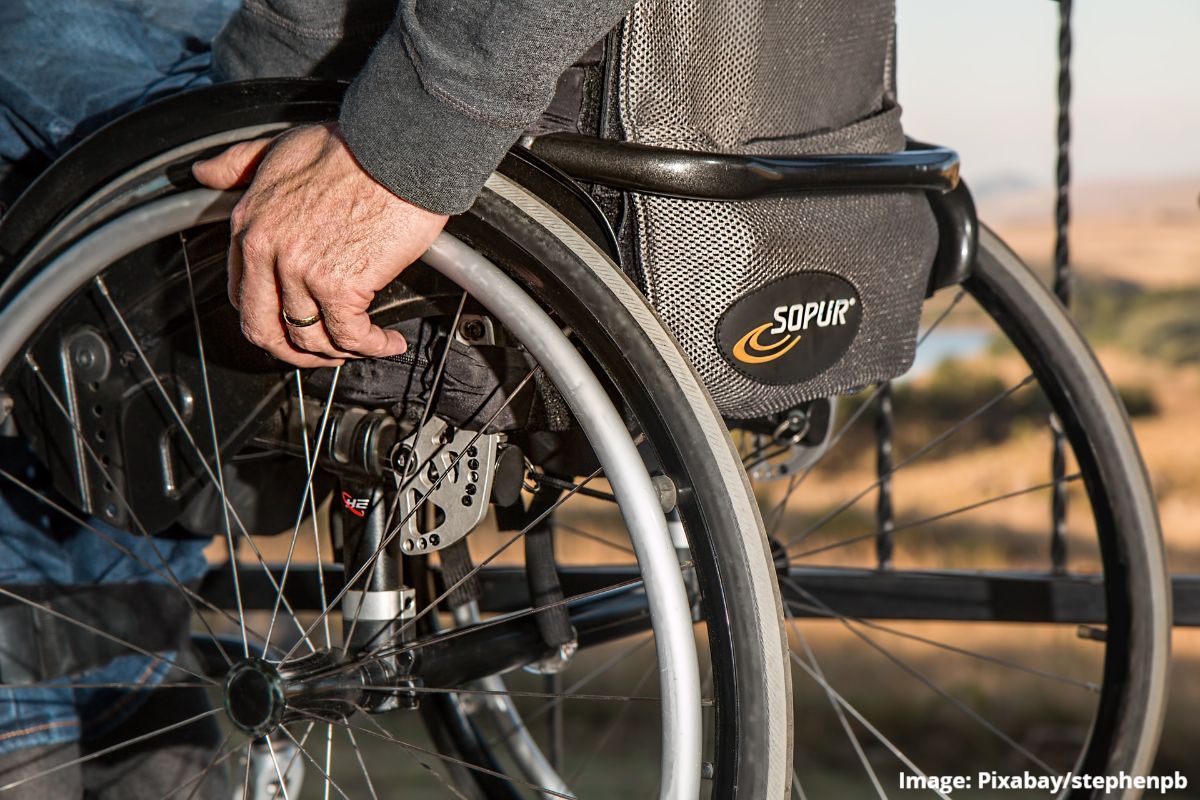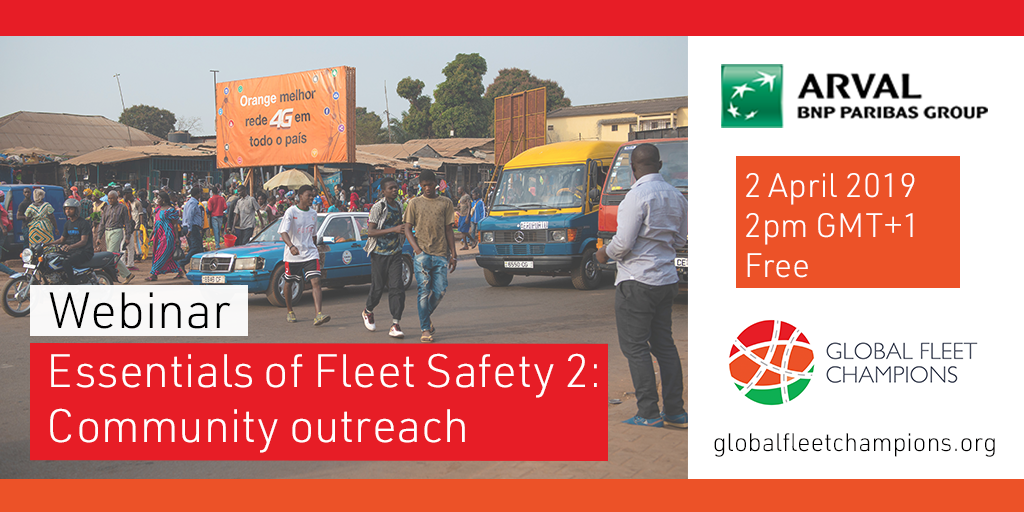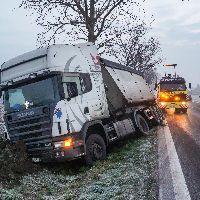Campaigning
MEPs back lifesaving vehicle standards
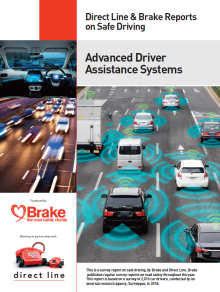 In
the news this week was the story that the EU is mandating speed
limiting technology (known as ISA) on all new vehicles from 2022. This
is part of a historic package of measures on vehicle safety standards,
with estimates suggesting these will prevent 25,000 deaths and 140,000
serious injuries on roads across the EU in the 15 years after coming
into force. In
the news this week was the story that the EU is mandating speed
limiting technology (known as ISA) on all new vehicles from 2022. This
is part of a historic package of measures on vehicle safety standards,
with estimates suggesting these will prevent 25,000 deaths and 140,000
serious injuries on roads across the EU in the 15 years after coming
into force.The EU provisionally agreed the deal this week and it is expected that UK government will adopt these measures, regardless of Brexit.
Our recent report
with Direct Line found that nine in 10 UK drivers wanted car safety
standards, post-Brexit, to remain as high as those across the EU,
strongly supporting this argument.
Learn more: Visit our website here and read the Brake Direct Line report here.
Public Health England recommendations to tackle air pollution
Public Health England has made several key recommendations to tackle air pollution in the UK. The recommendations include redesigning cities so people aren't so close to highly polluting roads by, for example, designing wider streets or using hedges to screen against pollutants; and investing more in clean public transport as well as footpaths and cycle paths. People should be free to move in a safe and healthy way every day and on every journey and this includes ensuring the air they breathe isn’t polluted. Find out more: Read our full press release welcoming these recommendations here. |
29 Μαρ 2019
Brake News
RoadSafe News
RoadSafe News – April 2019 |
Awards | ||
Award for Driving for Better Business
Driving for Better Business has been recognised in this year's Highways England Awards Read more...
|
||
Prince Michael International Awards - Nominations
Nominations are now open. Read more...
|
||
Connected and Autonomous Vehicles (CAV) | ||
2019 Autonomous Vehicles Readiness Index reveals UK's policy successes and areas for improvement
In
its second edition of the Autonomous Vehicles Readiness Index (AVRI),
KPMG evaluates the preparedness and openness of 25 countries towards AV
technology. Read more...
|
||
Reliable data will underpin safety of autonomous vehicles.
Miranda
Sharp, Innovation Director at Ordnance Survey, explains why reliable
data will be the operational bedrock for tomorrow’s autonomous
vehicles. Read more...
|
||
Debunking the myths of driverless cars
Security issues need to be resolved before driverless cars can take to the streets Read more...
|
||
Smart Transport Conference: key topics and conclusions.
The
Smart Transport Conference which took place last month, brought
together industry leaders from both the private and public sectors to
discuss key issues facing UK transport. Read more...
|
||
IRF addresses automation in transport at UN Inland Transport Committee
Automation
in transport was the theme of the high-level segment that opened the
81st session on the Inland Transport Committee of the United Nations
Economic Commission for Europe (UNECE) in Geneva last month. Read more...
|
||
Conferences and events | ||
Young Driver Focus 2019: agenda now complete
Young Driver Focus 2019 will once again be staged at the Royal Automobile Club on London’s Pall Mall on Wednesday 1st May. Read more...
|
||
Sweden 2020 Ministerial Conference
Sweden is to host a global ministerial conference on traffic safety in 2020. Read more...
|
||
Driving at work | ||
The gig economy - PACTS Conference
This
excellent PACTS Conference brought together the key players in this
sector, highlighting public policy, good practice, new research and
technology and management practice. Read more...
|
||
Driving for Better Business Private Sector Summit
As
part of the United Nations Global Road Safety Week (6-12 May 2019)
which this year has the theme of Leadership, Highways England is hosting
the Driving for Better Business Private Sector Summit, for CEOs and
Board Directors of some of the UK’s leading businesses, at McLaren’s
inspirational new Thought Leadership Centre. Read more...
|
||
Dr Lisa Dorn to Speak at Fleet Workshop
DriverMetrics
Research Director, Dr Lisa Dorn will speak at the Fleet Workshop:
Public Sector and Housing on 1the 14th -15th May 2019. Read more...
|
||
International news | ||
Southern African Transport Conference
The Southern African Transport Conference will take place from the 8th - 11th July 2019 in Pretoria, South Africa. Read more...
|
||
International Course on Traffic Safety in Work Zones
IRF
(Geneva) together with the Qatar Transportation & Traffic Safety
Center and Qatar University are pleased to announce the International
Course on Traffic Safety in Work Zones which will be held from 24th to
26th September 2019 in Doha, Qatar. Read more...
|
||
Asian Observatory Launched
The
ITF, the World Bank and FIA have begun work with Asian governments and
the Asian Development Bank (ADB) towards the establishment of a regional
road safety observatory for Asia. Read more...
|
||
UN Launches Road Safety Strategy
UN
Secretary-General said: "The United Nations must be led by example as
the international community strives to meet the road safety targets in
the Sustainable Development Goals. I look forward to working with all to
implement." Read more...
|
||
UK news | ||
Future of mobility: urban strategy
A
new report - The ‘ Future of mobility: urban strategy’ Moving Britain
Ahead has been published . It outlines the UK government’s approach to
maximising the benefits from transport innovation in cities and towns Read more...
|
||
Committee scrutinises Government's approach to road safety
Despite
a reduction of more than 40 percent in the number of fatal road traffic
accidents from 2007-2012, there has been no reduction over the last
five years. Read more...
|
||
Safer vehicles | ||
Provisional deal on new European vehicle safety standards
New
cars, vans, lorries and buses sold in Europe will be fitted as standard
with a range of new vehicle safety features, starting in 2022,
according to a provisional EU deal on the legislation reached last night
in Strasbourg. Read more...
|
||
Forthcoming events | ||
|
NETS first ever Regional Satellite Conference – 2 April 2019
Alliance Global Meeting 2019 – 8 April 2019
Young Driver Focus 2019 – 1 May 2019
8th IRF Caribbean Regional Congress & Exhibition – 8 May 2019
Southern African Transport Conference – 8 July 2019
International Course on Traffic Safety in Work Zones – 24 September 2019
| ||
Vision Zero: latest road safety research and initiatives from Brake
|
|||||||||||||
|
|||||||||||||
|
Alliance Newsletter
|
||||||||||||||||||||||||||||||||
|
ETSC welcomes provisional deal on new vehicle safety standards - Press release
Global Fleet Champions
|
||||||||||||||||||
|
||||||||||||||||||
|



